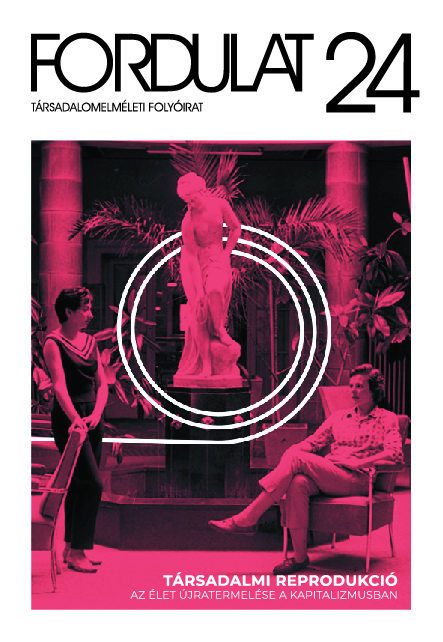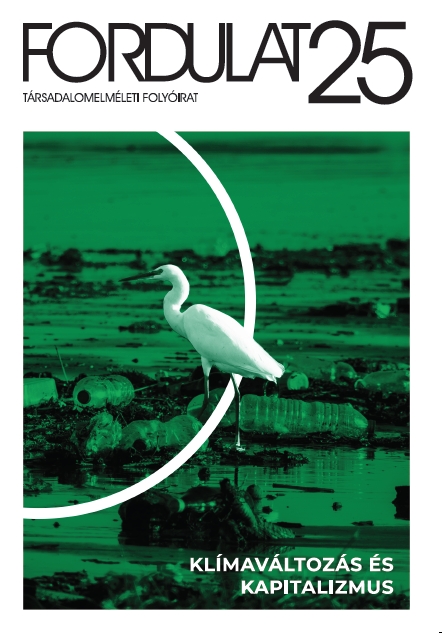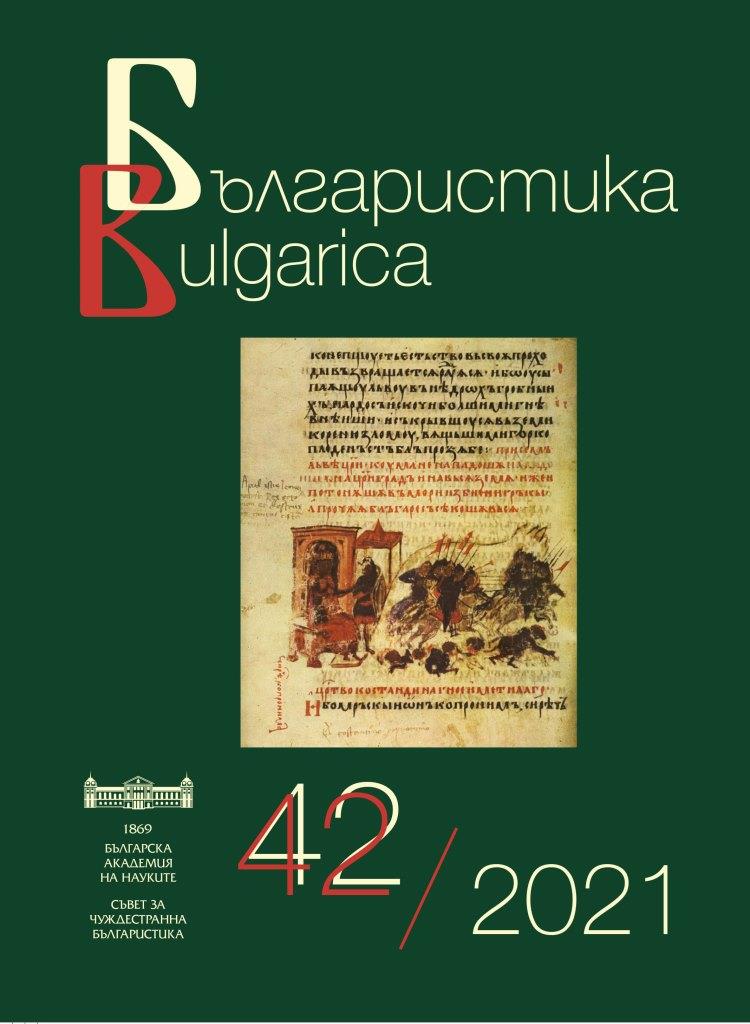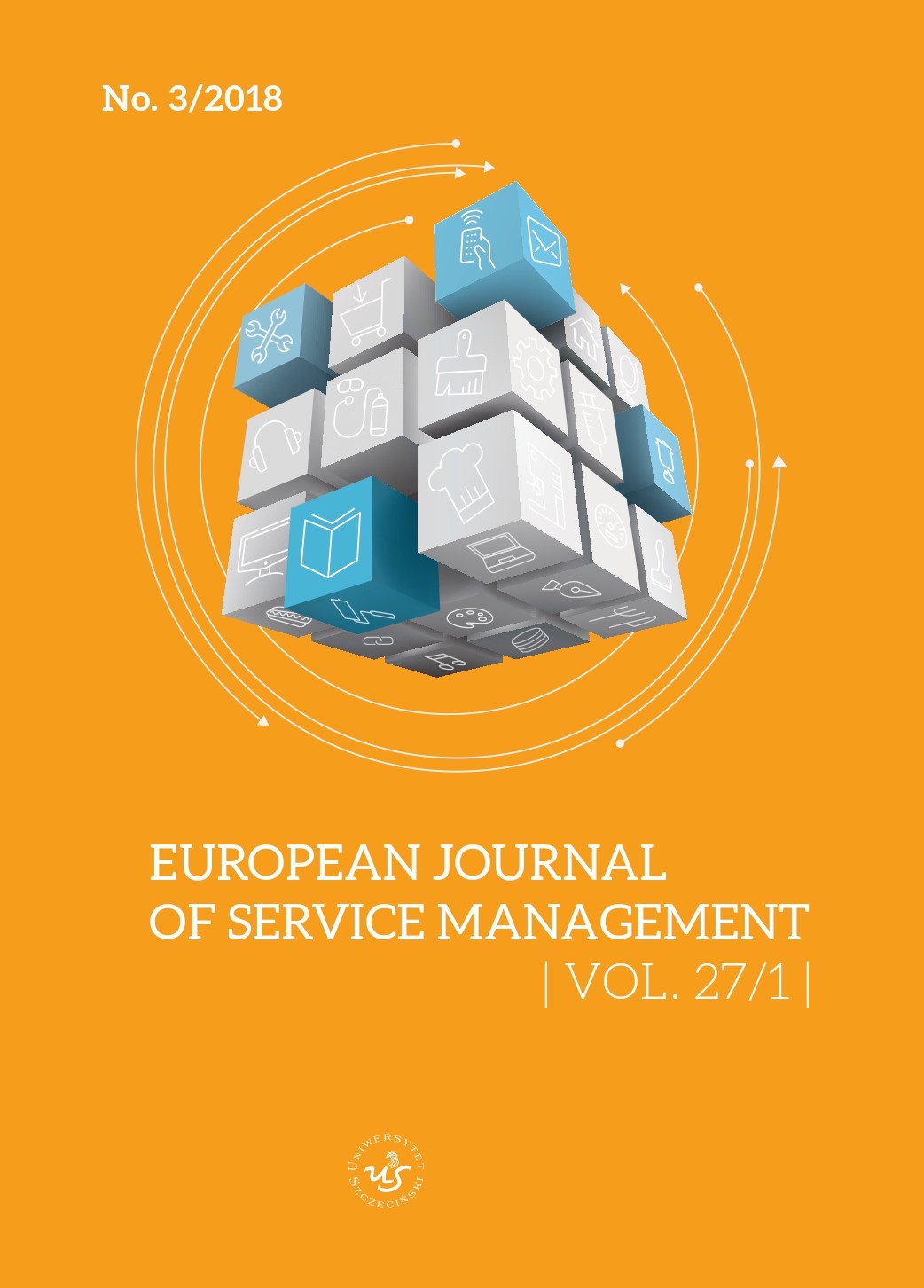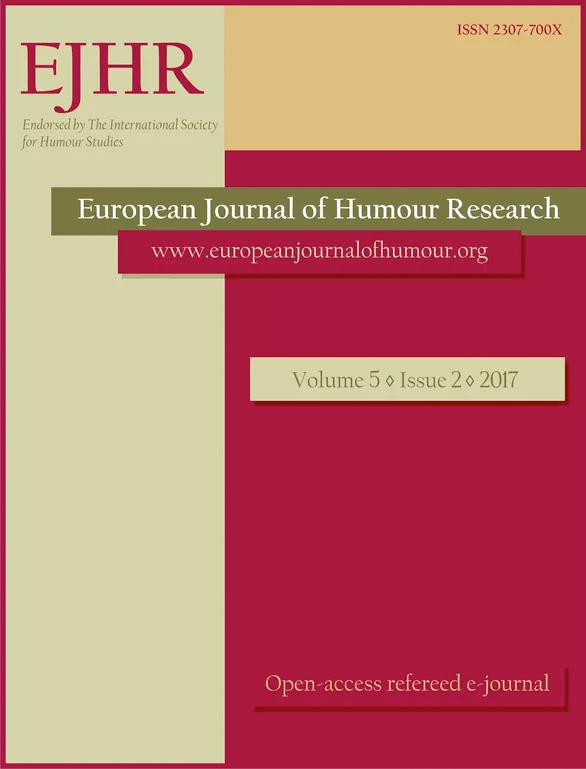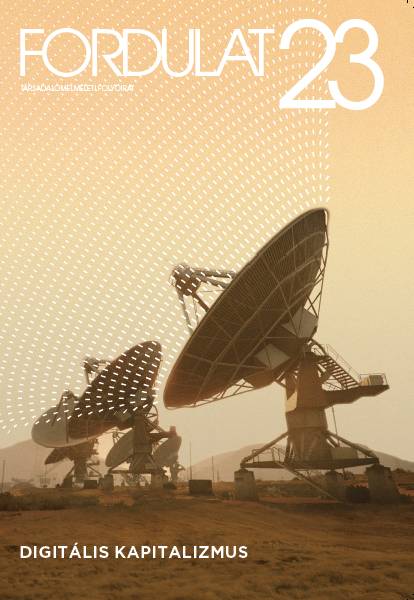
Beszélgetés Jan Drahokoupillal
Jan Drahokoupil a posztszocialista térség politikai gazdaságtanának szakértője. 2007-ben szerzett doktori fokozatot a budapesti Közép-európai Egyetemen (CEU), jelenleg az Európai Szakszervezeti Intézet (ETUI) szenior kutatója. Az intézetnél ő a digitalizációval és a munka jövőjével kapcsolatos kutatások koordinátora, 2017-ben pedig társszerkesztője volt a Transfer című folyóirat két, a digitalizáció munkaerőpiaci hatásait vizsgáló számának. Ennek apropóján beszélgettünk vele a digitalizáció és a munka kapcsolatáról általában, valamint arról, hogy mindez hogyan érinti a kelet-európai régiót.
More...
